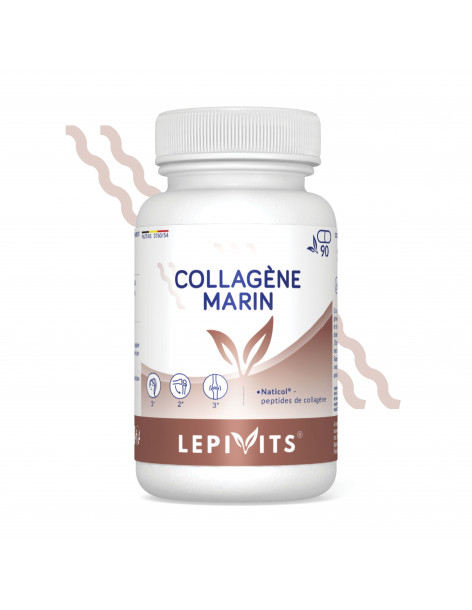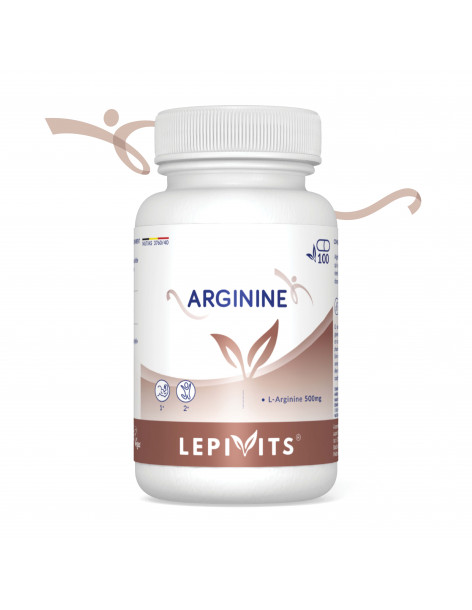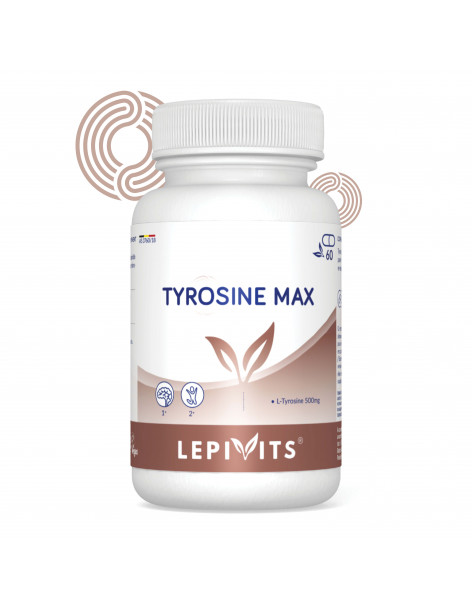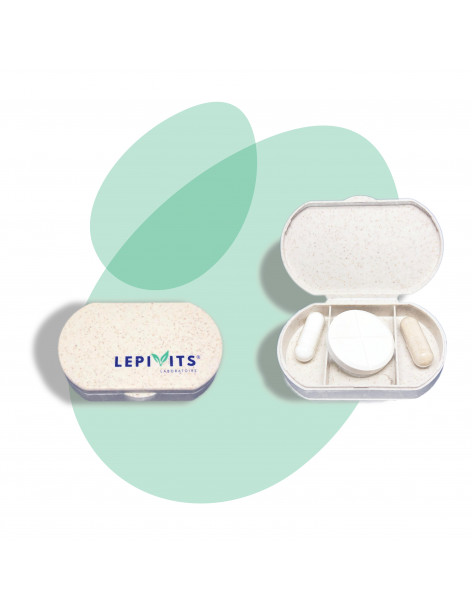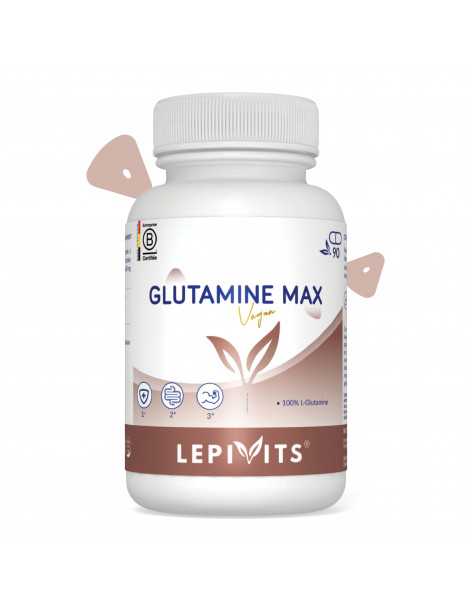Amino acids
What is an amino acid?
Amino acids are unit molecules that form proteins.
There are four possible alphabetic values for a nucleotide: TCAG in DNA and ACGU in RNA. A sequence of three nucleotides is called a codon and determines the cellular synthesis of amino acids. Each assembly of amino acids in a specific order thus corresponds to a protein and associates it with specific chemical properties and functions.
In simple terms, the protein is a chain of DNA codes and an amino acid corresponds to a triplet of links, i.e. three letters, containing an acid group and an amino group.
Types of amino acids
There are mainly two different types of amino acids: essential and semi-essential amino acids.
Essential amino acids cannot be synthesised by the human body, or in insufficient quantities, while non-essential, or semi-essential, amino acids are sometimes found naturally in the body, from other amino acids. They are so named because their source is depleted during growth or in the event of illness. Other amino acids are not involved in protein synthesis, but still have physiological functions, such as taurine, which has an antioxidant and relaxing effect on muscle and heart health.
The basic amino acids
There are exactly twenty amino acids that form the basis of protein synthesis in any living being. They all consist of carbon, but only 19 of them are also made of hydrogen, oxygen and nitrogen.
About half of the amino acids can be made directly by the human body. But essential amino acids are not synthesised by our body and we are therefore obliged to provide them through our diet.
There are 9 essential amino acids: methionine, tryptophan, lysine, phenylalanine, threonine, valine, leucine, isoleucine and histidine.
The other 11 are semi-essential: glutamine, glycine, proline, serine, tyrosine, aspartic acid, glutamic acid, alanine, arginine, asparagine and cysteine.
What are amino acids used for?
The role of amino acids is to form proteins and peptides, to shape the structure and metabolism of all cells in the human body, giving them specific properties. Their function is essential, as they constitute the largest part of the body mass, after water.
Proteins are active everywhere in the body and are therefore found in blood cells, skin, bones, muscles, hormones and enzymes. What are proteins used for? Mainly for muscle contraction, tissue repair and vital functions such as growth, digestion, reproduction etc.
Methionine
This essential amino acid plays a fundamental role in protein biosynthesis. In fact, methionine is the starting link in all protein chains. It is active in cell renewal, particularly in the liver, muscles and hair, and has natural antioxidant properties, especially when accompanied by vitamin B12, which facilitates its assimilation.
BCAAs
Branched Chain Amino Acid (BCAA) are branched chain amino acids, i.e. composed of leucine, isoleucine and valine, essential amino acids, which are very common in the field of sport. In particular, they allow you to gain mass naturally thanks to their anabolic virtues. Popular with bodybuilders, BCAAs help control nervous fatigue and protect muscle tissue from catabolism.
Tyrosine
Tyrosine is a semi-essential amino acid. It promotes the proper functioning of the thyroid, but also of the brain. It is involved in the synthesis of thyroid hormones and certain neurotransmitters, such as adrenaline, noradrenaline and dopamine. Among other things, it increases concentration and motivation.
Glutamine
Of the semi-essential amino acids, glutamine is the most abundant in plasma. It is mainly used to transport nitrogen and is used by all rapidly multiplying cells, particularly in the intestine, but also by the kidney and liver. Glutamine is mainly produced by the muscles. This is why regular physical activity increases its level in the blood. Stress, on the other hand, has the opposite effect and reduces the amount of glutamine.
Glucosamine is derived from glutamine and glucose and is naturally present in connective tissue and cartilage. Together with chondroitin sulphate, it forms collagen and ensures healthy skin and tendons.
Creatine
It is a non-essential amino acid, synthesised from glycine, arginine and methionine in the liver, pancreas and kidneys. It is found in 95% of skeletal muscles.
Where to find amino acids?
As stated at the beginning of this article, essential amino acids are not synthesized by the body, but they are easily consumed through our diet:
- Methionine is found in fish, pork, beef and chicken, cheese, nuts, soy and eggs;
- Tryptophan is available in meat and fish, but also in eggs, peanuts, soya, wholegrain cereals, dark chocolate, bananas and some oilseeds;
- Tyrosine is found in dairy products, eggs, meat and fish, nuts and almonds, potatoes, mushrooms, beans, spinach, parsley, asparagus and beets;
- Glutamine is found in meat, fish, cereals, legumes and dairy products, but significant amounts are found in spinach and miso.
In fact, eggs are the food that contains the most essential amino acids, as all nine are present.

